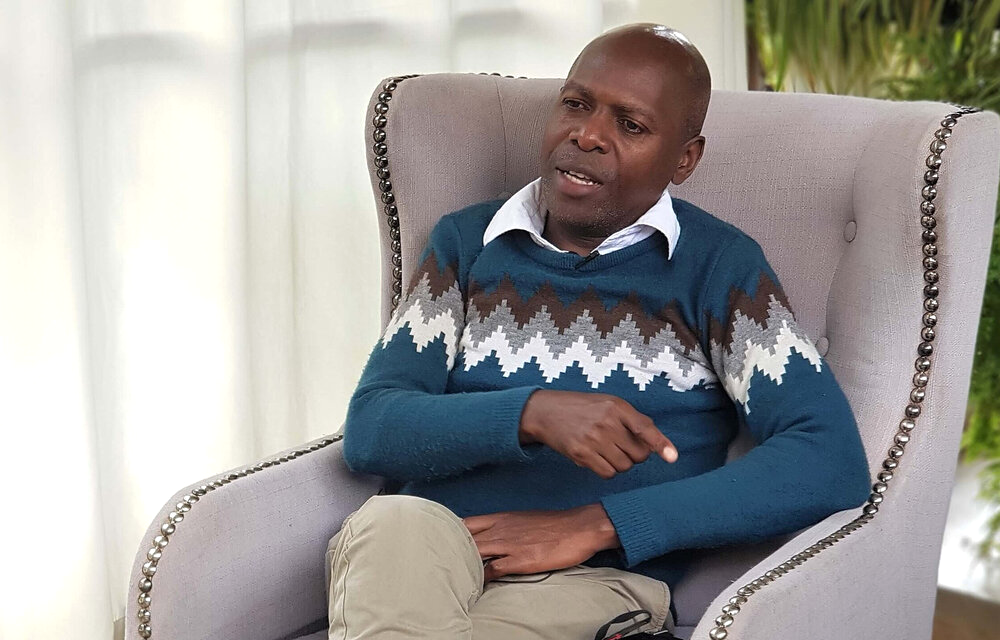KAMPALA, UGANDA — A seasoned voice in Ugandan journalism, Timothy Kalyegira, has sparked a significant social media discussion with a pointed assessment of opposition activism and its perceived reliance on external support.
His recent remarks on X, formerly Twitter, have drawn attention to the complex dynamics between human rights advocacy, political dissent, and international funding within the East African nation.
Kalyegira’s provocative statement, which quickly gained traction online, laid bare a controversial hypothesis:
“If Joel Ssenyonyi, Agatha Atuhaire, and other opposition politicians and activists do it just to get Western funding and awards, one way to take them out of business would be to stop the torture, land-grabbing, and other abuses. They’d lose relevance, and funding would dry up.”
Timothy Kalyegira tweeted.
This assertion, delivered with Kalyegira’s characteristic directness, challenges both the government and civil society to consider the fundamental drivers of activism.
The issues highlighted by Kalyegira – torture, land-grabbing, and other abuses – resonate deeply within Uganda’s human rights landscape.
Reports from reputable international bodies such as Amnesty International and Human Rights Watch (HRW) consistently detail allegations of severe human rights violations. These often include arbitrary arrests, prolonged detentions without due process, and credible accounts of torture, particularly targeting political opponents and government critics.
Victims frequently emerge from detention with visible injuries, raising persistent questions about accountability within the security forces.
Beyond the physical abuses, the specter of land-grabbing casts a long shadow over many Ugandan communities.
Organizations like Oxfam and Afrobarometer have documented how pervasive land disputes, often exacerbated by unclear tenure systems and alleged corruption, disproportionately affect vulnerable populations. These conflicts can lead to forced evictions, destruction of property, and even fatalities, with accusations sometimes leveled against powerful individuals and state actors.
The broader category of “other abuses” frequently encompasses the systematic narrowing of civic space, including restrictions on freedom of expression and assembly, harassment of journalists, and the use of politically motivated charges to silence dissenting voices.
Kalyegira’s argument crucially links these domestic issues to the flow of international funding.
Many Ugandan civil society organizations rely heavily on financial support from Western governments, foundations, and Non-governmental Organizations (NGOs) to conduct their work, which includes human rights monitoring, advocacy for democratic governance, and legal aid for victims.
Also Read: Kenyan activist Boniface Mwangi, Ugandan journalist Agather Atuhaire detained in Tanzania
By suggesting that this funding is contingent on the persistence of abuses, Kalyegira compels a critical examination of the symbiotic relationship between grievances and the resources available to address them.
This perspective, while contentious, forces a vital conversation for all stakeholders. For the Ugandan government, it implicitly suggests that a genuine commitment to upholding human rights and fostering good governance could, in effect, defuse a significant source of international pressure and criticism.
For activists and their international partners, it prompts an introspection into the long-term vision for civil society in a Uganda free from such abuses.
Kalyegira’s intervention, therefore, is not merely a critique but a provocative thought experiment, inviting a professional and nuanced debate on the future trajectory of human rights advocacy and political engagement in the country.

